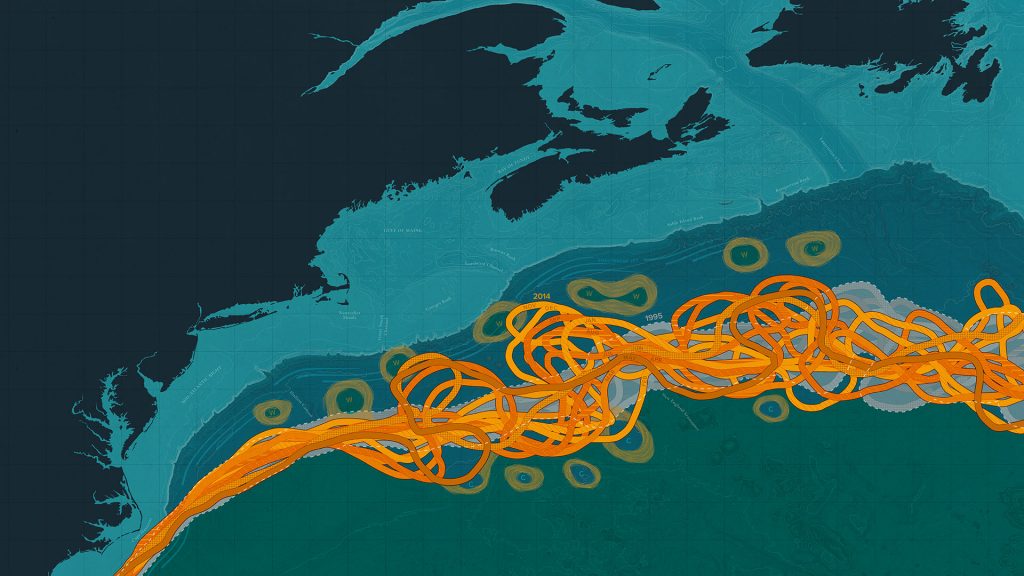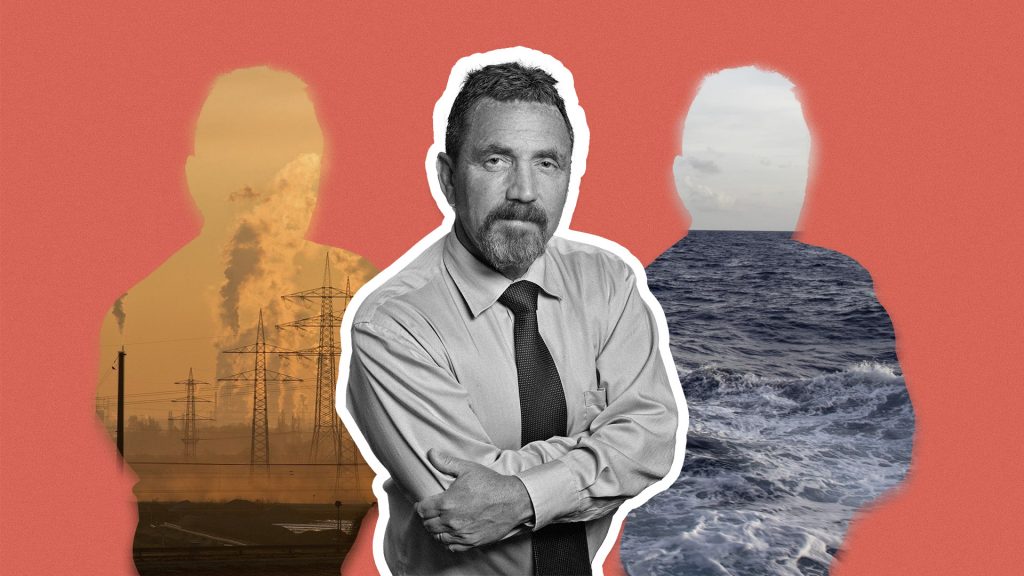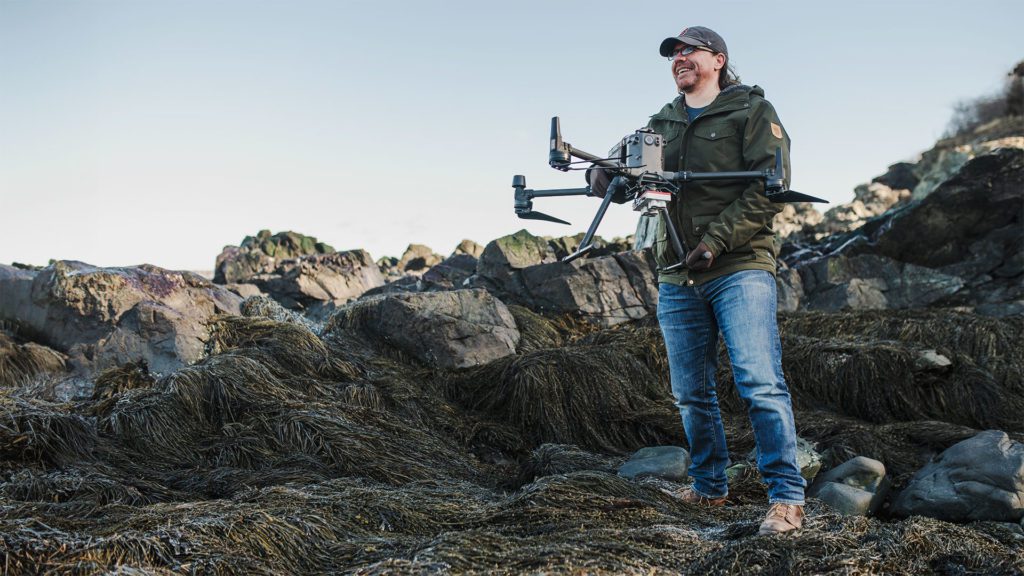Raising Awareness
News
NEWS RELEASES
Woods Hole Consortium Delegates Participating in U.N. Climate Change Conference in Copenhagen this Week
CONTACTS: Andrea Early, Marine Biological Laboratory 508-289-7652; aearly@mbl.edu Media Relations Office, Woods Hole Oceanographic Institution 508-289-3340; media@whoi.edu Elizabeth Braun, Woods Hole Research Center 508-540-9900, x109; ebraun@whrc.org WOODS HOLE, MA—Directors and scientists from the Woods Hole Consortium are in Copenhagen, Denmark, this week to speak on climate change impacts on ocean, air, land, and polar-ice ecosystems—whose fates are inextricably linked—at the United Nations Climate Change Conference (COP15). The Woods Hole Consortium, whose members include the Marine…
WHOI Will Host Public Forum on Sea Level Rise
sea level rise, Morss Colloquium, polar ice cap, Woods Hole Oceanographic Institution
New Temperature Reconstruction from Indo-Pacific Warm Pool
A new 2,000-year-long reconstruction of sea surface temperatures (SST) from the Indo-Pacific warm pool (IPWP) suggests that temperatures in the region may have been as warm during the Medieval Warm Period as they are today. The IPWP is the largest body of warm water in the world, and, as a result, it is the largest source of heat and moisture to the global atmosphere, and an important component of the planet’s climate. Climate models suggest…
Warming Climate Impacts Base of Food Web in Western Antarctic Peninsula
A paper published this week in Science shows for the first time that the warming climate is changing the numbers and composition of phytoplankton—the base of the food web—along the western shelf of the Antarctic Peninsula. Summertime levels of phytoplankton have decreased by 12 percent over the past 30 years off the Western Antarctic Peninsula, reports the team, which was led by Martin Montes-Hugo of the Institute of Marine and Coastal Sciences at Rutgers University….
Emperor Penguins March toward Extinction?
Popularized by the 2005 movie “March of the Penguins,” emperor penguins could be headed toward extinction in at least part of their range before the end of the century, according to a paper by Woods Hole Oceanographic Institution (WHOI) researchers published January 26, 2009, in Proceedings of the National Academy of Sciences of the United States of America. The paper, co-authored by five researchers including WHOI biologists Stephanie Jenouvrier and Hal Caswell, uses mathematical models…
WHOI | OCEANUS
Publications
IN THE NEWS - RESEARCH HIGLIGHTS
Study offers first definitive proof that Gulf Stream has weakened
“New research from the Woods Hole Oceanographic Institution offers the first conclusive evidence that the Gulf Stream has weakened. The powerful ocean current off the East Coast influences regional weather, climate and fisheries, and the finding could have significant implications both for New England and the global climate.”
What Happens to Marine Life When There Isn’t Enough Oxygen?
In September of 2017, Woods Hole Oceanographic Institution postdoctoral scholar Maggie Johnson was conducting an experiment with a colleague in Bocas del Toro off the…
Maine’s having a lobster boom. A bust may be coming.
The waters off Maine’s coast are warming, and no one knows what that’s going to mean for the state’s half-billion-dollar-a-year lobster industry—the largest single-species fishery in North America. Some fear that continued warming could cause the lobster population to collapse. To understand what’s happening to the ecosystem of the Gulf of Maine, says Glen Gawarkiewicz, an oceanographer at Woods Hole Oceanographic Institution, in Massachusetts, you have to look beyond it—see how it’s affected by the atmosphere, ocean currents, and rivers that flow into it.





